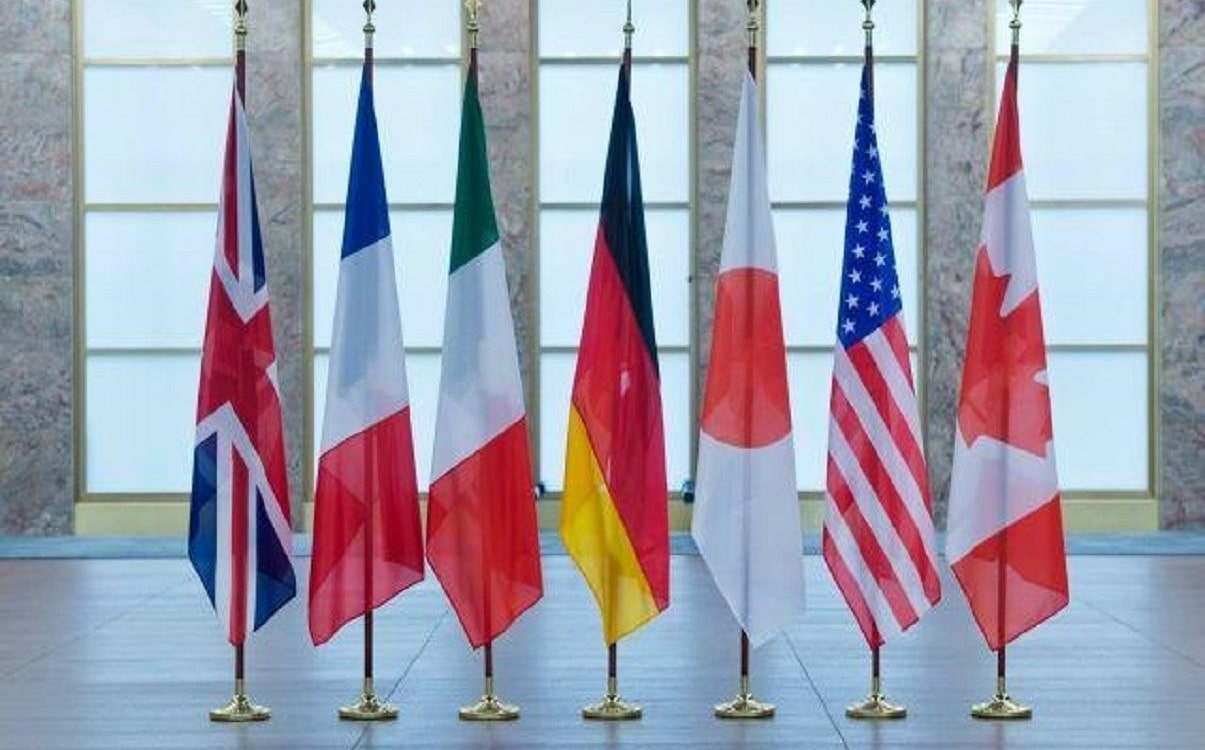G7 Leaders Agree To Ambitious Online Safety Resolutions
- TDS News
- Canada
- Europe
- U.S.A
- United Kingdom
- April 28, 2021

The ambitious resolutions are a direct cause of the global pandemic
The global pandemic has changed the way the world does business and highlighted the need for new technology. With the rise of video conferencing networks such as Zoom and Facebook’s Video rooms, these tools for communicating in a pandemic have all become essential.
Today the leaders from the G7, the US and EU, have signalled their desires to keep the world connected as they fight the global pandemic by signing a declaration to boost online safety. This declaration will include a series of measures to combat false information on the pandemic and child safety while adhering to democratic principles and respecting human rights and freedoms.
The G7 Digital and Tech ministerial meeting is the culmination of ongoing discussions and negotiations around a number of priorities and have agreed to:
- Internet safety principles to guide work to improve online safety. G7 countries commit to protecting human rights online and agree that tech companies have a corporate responsibility for their users’ safety. This means they should have systems and processes in place to reduce illegal and harmful activity and prioritise the protection of children. These are based on underlying principles in the UK Government’s Online Harms White Paper.
- Develop a framework for the use of electronic transferable records, to address legal barriers and coordinate domestic reforms so companies can use digital solutions for the shipment of goods and trade finance – replacing slow and outdated paper transactions.
- A consensus that a more joined-up approach to regulation and promoting competition in digital markets is needed to better serve consumers and businesses. Regulators have agreed to meet in the autumn to discuss these issues further.
- Cooperation to seize the opportunities and benefits of data free flow with trust for people, businesses and economies. The G7 will build evidence on the impacts of data localisation, promote regulatory cooperation and accelerate the development of best practice approaches for data sharing across a broader set of priority areas. These areas may include transport, science and research, education and natural disaster mitigation.
- Collaboration on how democratic governments and stakeholders can support the development of digital technical standards that online tools, services and protocols should measure up to, and which, among other things, will guide the development of a free, open and secure Internet.
“As a coalition of the world’s leading democracies and technological powers, we want to forge a compelling vision of how tech should support and enhance open and democratic societies in the digital age.
Together we have agreed a number of priorities in areas ranging from internet safety to digital competition to make sure the digital revolution is a democratic one that enhances global prosperity for all.” Digital Secretary Oliver Dowden








